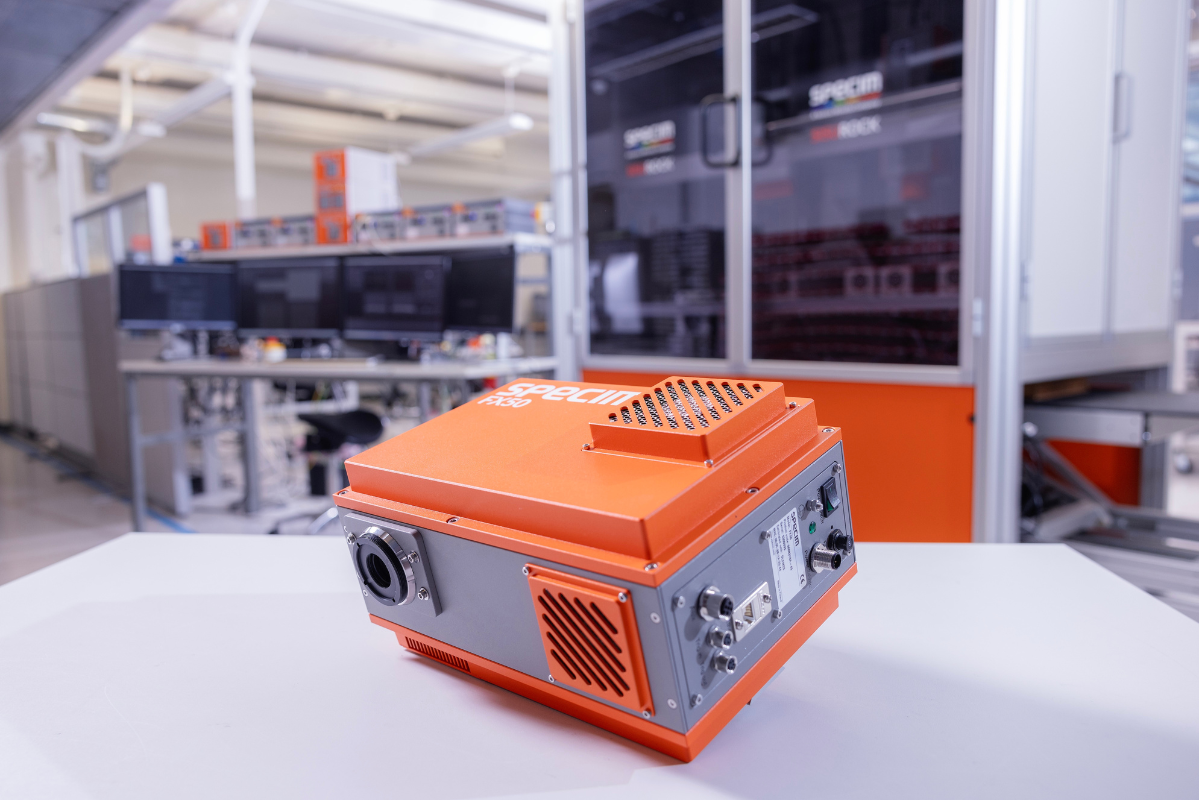Black plastics are difficult to recycle due to their light-absorbing properties, which interfere with optical sensors at MRFs. But Finland-based Specim says it has a solution.
Dye options for products made from recycled color HDPE and PP – for example, flatware – often are limited to carbon black, to homogenize colored plastics and to mask imperfections. When near-infrared sorters can’t detect the polymer properly, these plastics often are ejected from the recycling stream and may wind up in landfills.
Part of the Konica Minolta Group, Specim has developed mid-wave infrared imaging, which senses a greater range of molecular “fingerprints” in post-consumer plastics, providing more sophisticated sorting, the company said in a press release.
“Even black plastics, typically invisible to NIR systems, can be reliably identified, as their molecular structures reflect light differently in the MWIR spectrum,” the press release said.
MWIR also consumes smaller amounts of water, salt and other resources than gravity-based sorting methods such as sink-float systems, Specim said.
The industrial model FX50 can process up to 300 kilograms of plastic flakes per minute with nearly 99% accuracy, Specim said.
This development also could help extend PCR benefits beyond sorting plastic packaging, Specim said in the release, adding that black plastics are common in vehicle components and electronics.





























